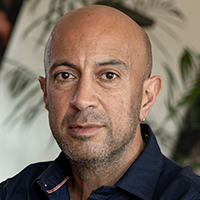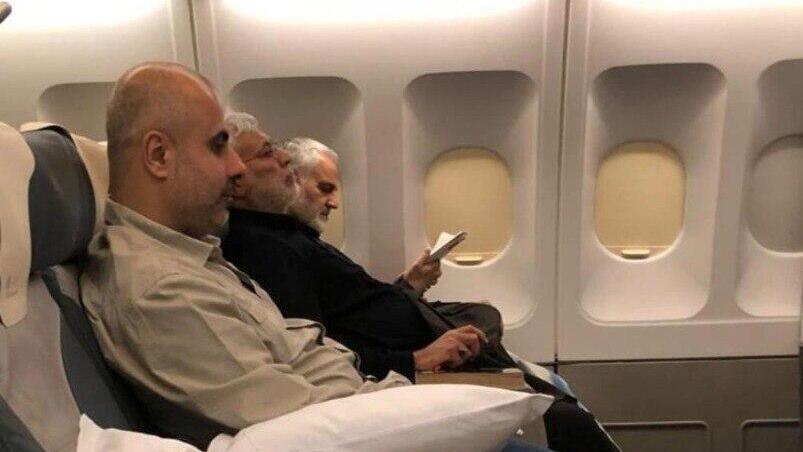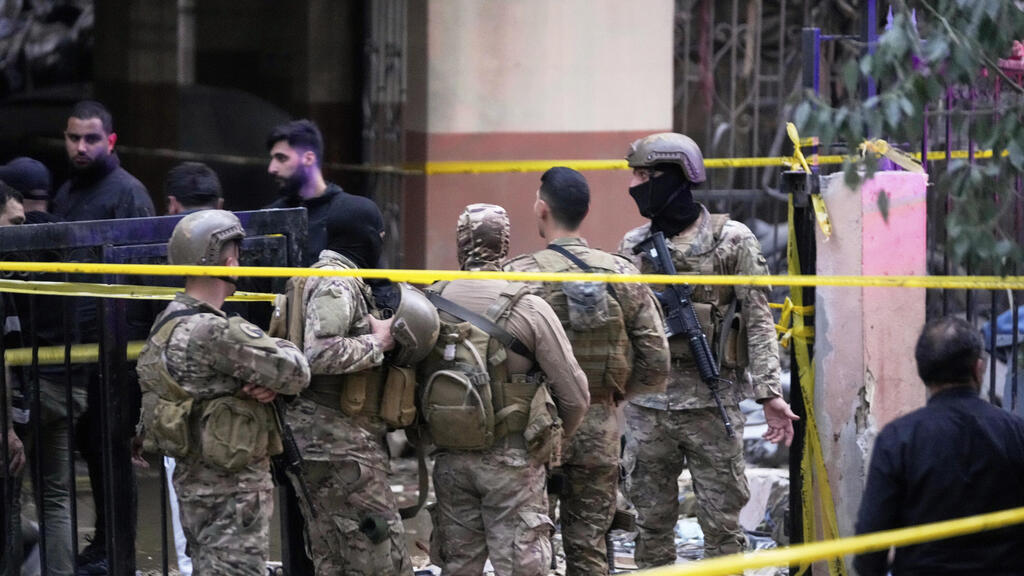Getting your Trinity Audio player ready...
In the early hours of Tuesday, the IDF and Shin Bet foiled one of the most significant terrorist attacks planned against Israeli targets in recent years. An airstrike on an apartment in the Dahieh suburb of Beirut killed Hassan Ali Mahmoud Bdeir, a Hezbollah operative in the group’s 3900 unit and a member of Iran’s Quds Force, part of the Islamic Revolutionary Guard Corps.
Bdeir played a central role in a terror network that included Hamas operatives, marking a rare instance of cooperation between Shiite and Sunni terrorist organizations. The group was planning an imminent attack against an Israeli target abroad that, if successful, could have resulted in the deaths of hundreds of Israelis.
Aftermath of Israeli assassination of senior Hezbollah operative in Beirut plotting terror attack against Israelis abroad
The intelligence that enabled Bdeir’s assassination was provided by Shin Bet, Mossad and Military Intelligence. The operation itself was carried out by Shin Bet and the Israeli Air Force. The strike was precise and the target eliminated. It was weeks in the making and relied on intelligence gathering by a special Shin Bet unit established in recent years to counter Hamas operations abroad—led by Saleh al-Arouri until his assassination early last year.
Hamas’ international operations are currently based in several countries, including Turkey, with efforts ongoing to expand into parts of Europe.
Despite the magnitude of the foiled plot, its prevention was largely overshadowed by a different headline dominating newscasts—controversy surrounding Shin Bet Director Ronen Bar.
In a remarkable turn, while Bar’s Shin Bet, in cooperation with Mossad and the IDF, was working to prevent mass casualties, Prime Minister Benjamin Netanyahu was posting a video accusing the Shin Bet and others of targeting his close associates. Those associates had been arrested on suspicion of working on behalf of Qatar while serving as advisers to the prime minister.
On Monday morning, Netanyahu announced that a replacement for Bar had been found: former Navy commander Eli Sharvit. But the appointment quickly drew criticism from within Netanyahu’s own circle, as Sharvit had previously participated in protests against the government. Within 24 hours, Netanyahu reversed course.
Get the Ynetnews app on your smartphone: Google Play: https://bit.ly/4eJ37pE | Apple App Store: https://bit.ly/3ZL7iNv
Political motivations appeared to be at the heart of the prime minister’s move. A member of Netanyahu’s Likud Party openly stated that the next Shin Bet chief should come from the “right side of the political spectrum.”
With that, a Likud lawmaker—handpicked by Netanyahu—made the government’s intentions clear: they want a loyalist. A head of Israel’s top security agency who prioritizes allegiance to Netanyahu over the country’s interests. Someone who could block investigations into the prime minister and his associates, even amid mounting suspicions that point to potential harm to national security.
These developments suggest that Netanyahu’s rush to oust Ronen Bar poses a direct threat to national security. The same prime minister who personally approved the delivery of Qatari cash to Hamas in Gaza—despite repeated warnings in 2019 and 2020 that the funds were being used to arm its military wing—now claims to be the victim of a political witch hunt. He says his associates are “held hostage,” a troubling and insensitive phrase, given that 59 Israeli hostages remain in Hamas captivity, in tunnels funded by the same Qatari money approved by Netanyahu.








